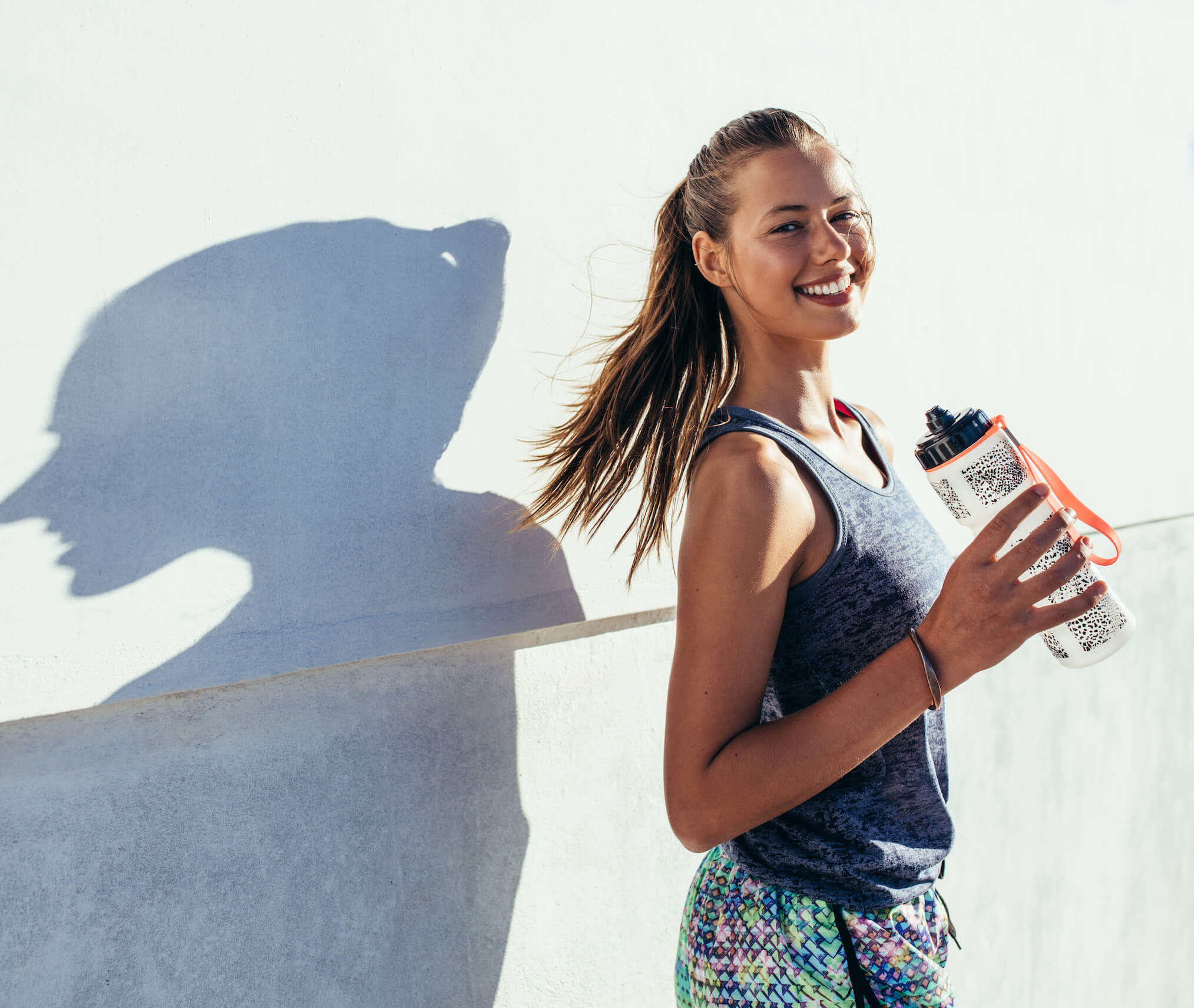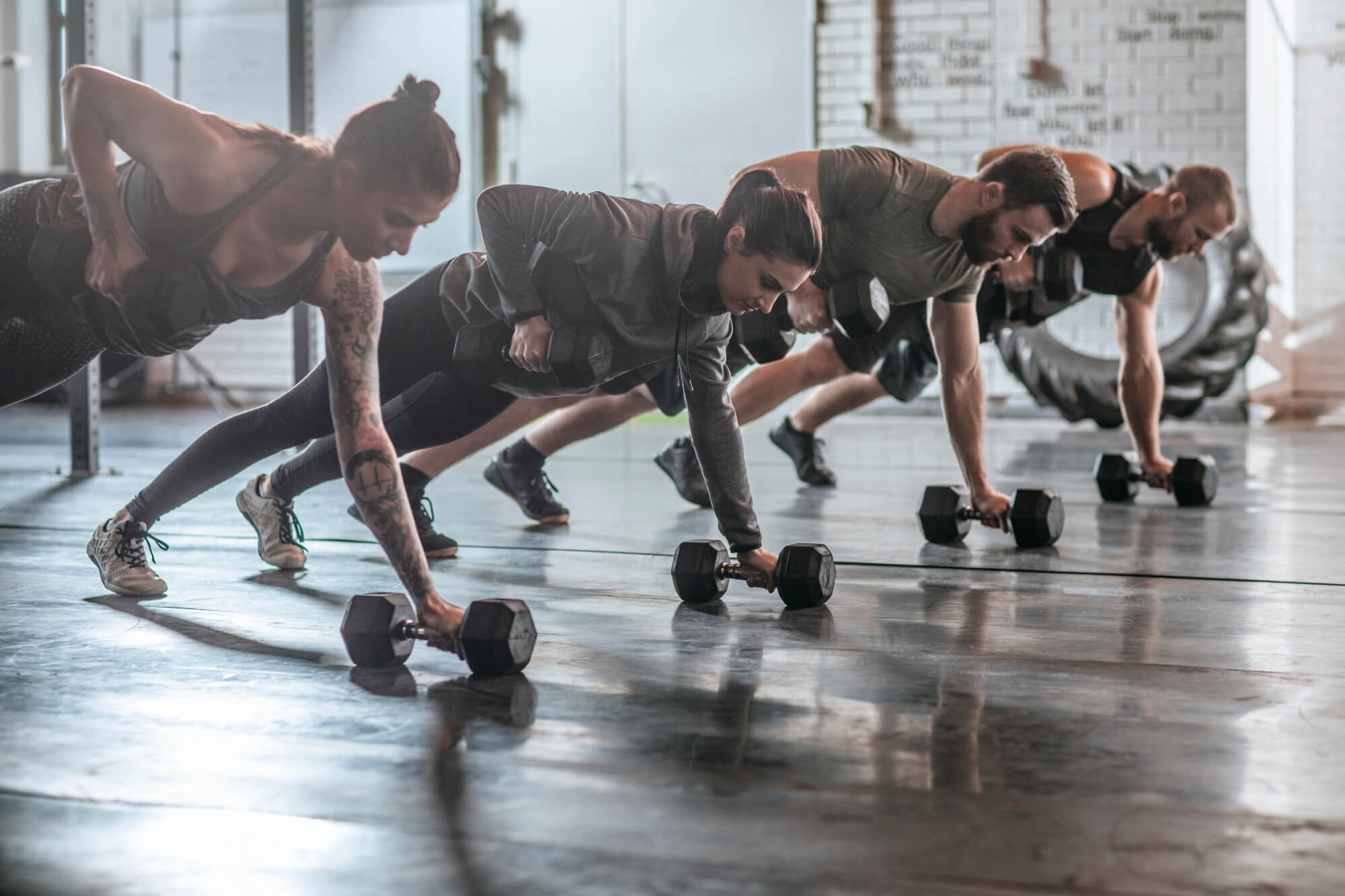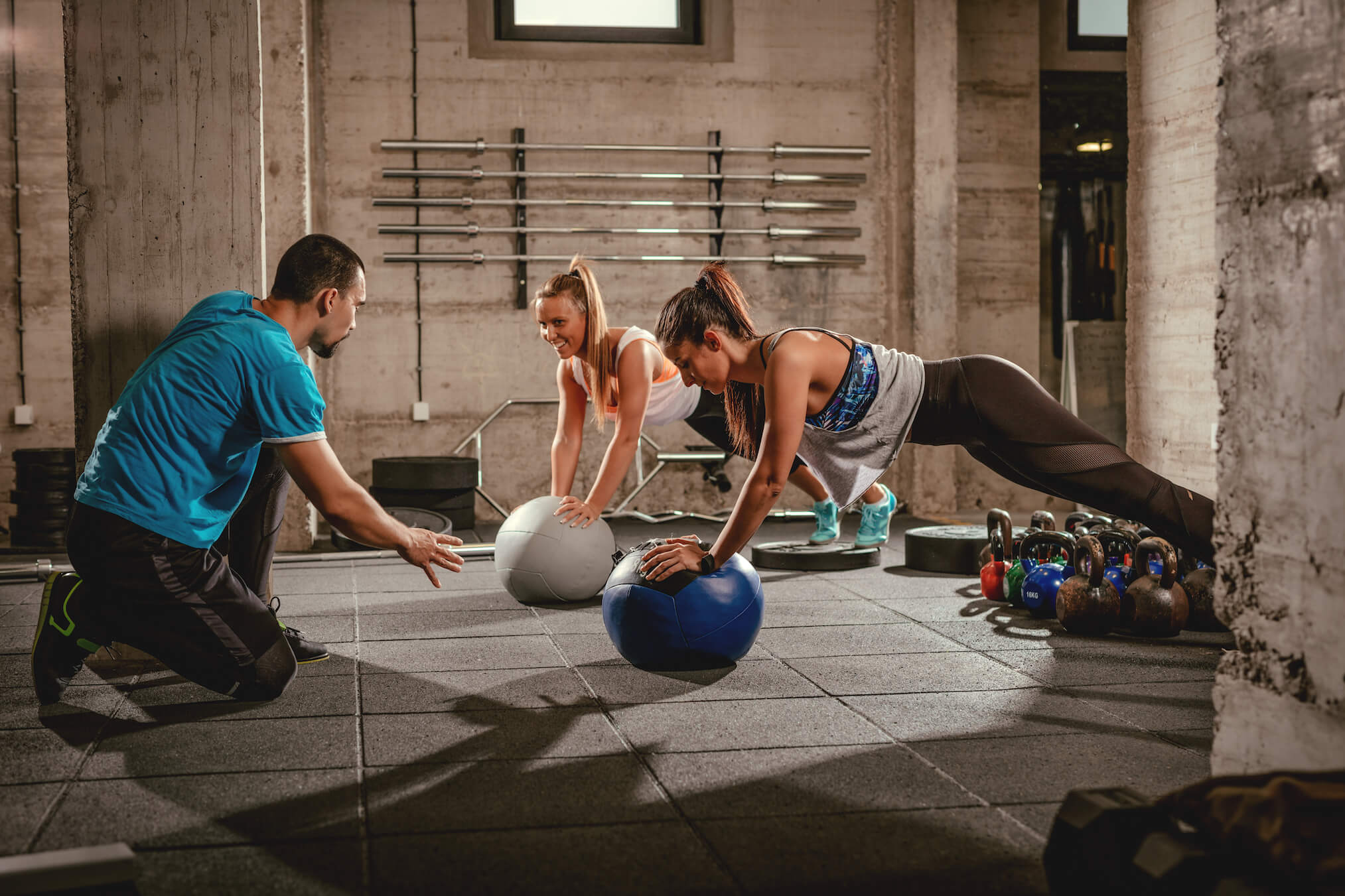At Vast Fitness Academy, we are in the business of educating people about health, and our staff all take water drinking practices very seriously. Read our tips on staying hydrated throughout your day and why they will help you excel in your daily study grind!
Why do you need water?
Approximately 60% of the adult human body is comprised of water and can be anywhere from 45-75%, depending on age, gender and body composition. Hydration is therefore essential for maintaining the body’s healthy functioning, which includes:
 Tips to help you stay hydrated.
There are many barriers to drinking enough water. Here are some tips on how to overcome these barriers:
Tips to help you stay hydrated.
There are many barriers to drinking enough water. Here are some tips on how to overcome these barriers:
- Carrying nutrients to the cells
- Helping the kidneys flush toxins from the body
- Regulation of body temperature and metabolism
- Assists blood flow and oxygen delivery to the brain
- Aiding digestion, forming saliva and the digestive juices in the stomach.
- Dry mouth and tongue
- Headaches
- Fatigue
- Brain fog
- Light-headedness
- Reduced memory
- Lack of focus and poor attention
- Low mood
- Poor cognitive functioning
- Constipation
- Blood pressure changes
- Increased anxiety
- Increased cognitive function
- Increased energy
- Increased alertness and memory
- Improved mood and motivation
- Increased speed of information processing.
 Tips to help you stay hydrated.
There are many barriers to drinking enough water. Here are some tips on how to overcome these barriers:
Tips to help you stay hydrated.
There are many barriers to drinking enough water. Here are some tips on how to overcome these barriers:
- Don’t like the taste of plain water? Flavour it with fresh lemon, lime, cucumber or any other fruit; however, be careful to limit high sugar-based flavours and beverages.
- Food to quench your thirst? Cucumbers and watermelon are both 96% water! Other great fruit and vegetables to hydrate with are pineapples, zucchini, melons, celery, lettuces, tomatoes, and berries, which contain more than 90% water!
- Always keep a water bottle with you. In your bag, on your desk. Carry one with you if you’re moving around the workplace frequently.
- Keep a jug of water at your desk. Make it a challenge to drink it all across the day. The initial amount may depend on your current intake, so you may start with a 1-litre goal and build up to 2 litres.
- Despite caffeinated beverages like tea and coffee being diuretics, the hydration qualities are similar to water and can be included in daily fluid intake. These should not be relied on as your sole daily water intake, however! Sorry coffee lovers, this does not apply to milk-based coffees or espressos. Try a long black or iced-long black (even with a dash of your favourite milk) to boost your fluid intake.
- Hydration monitoring apps can help keep you in check throughout the day with reminders and tracking.
- Place a hydration chart poster in the bathroom as a reminder!



